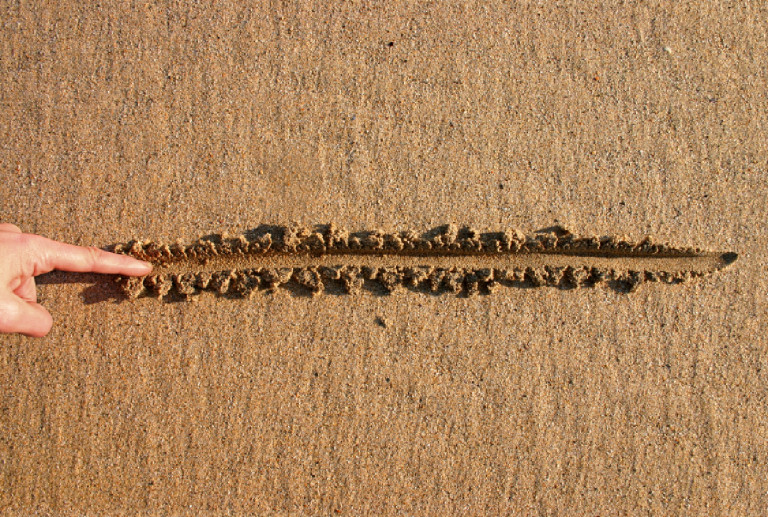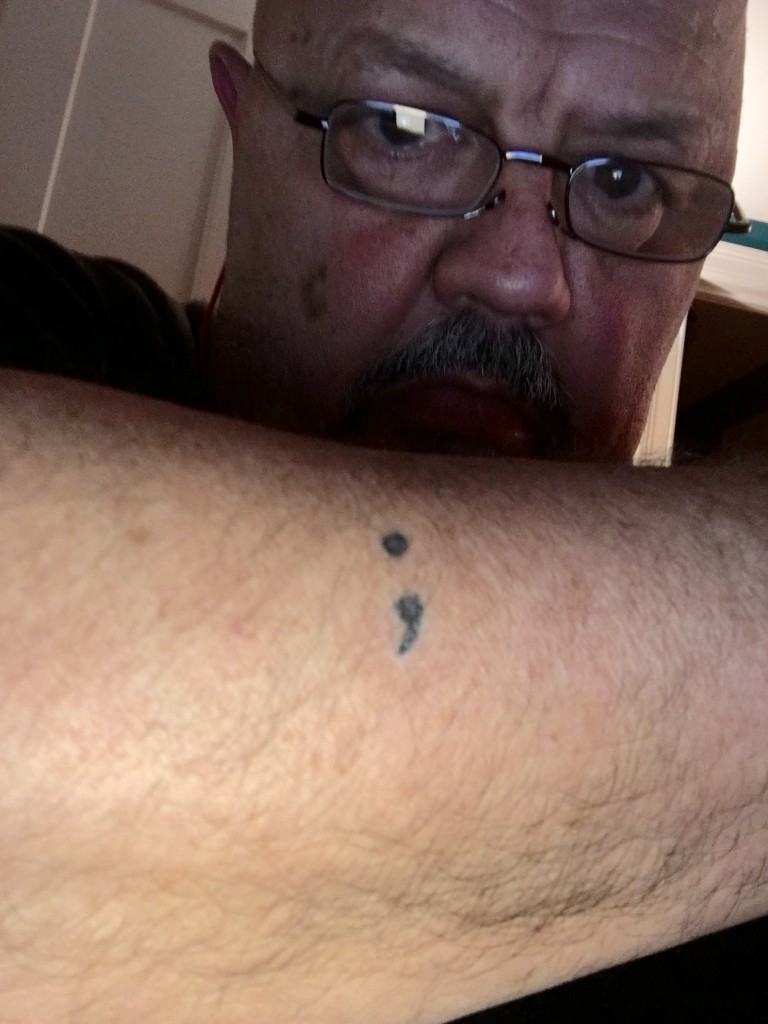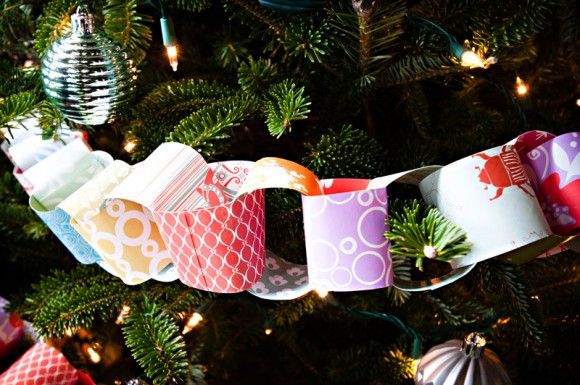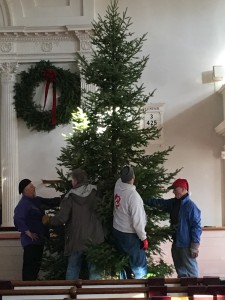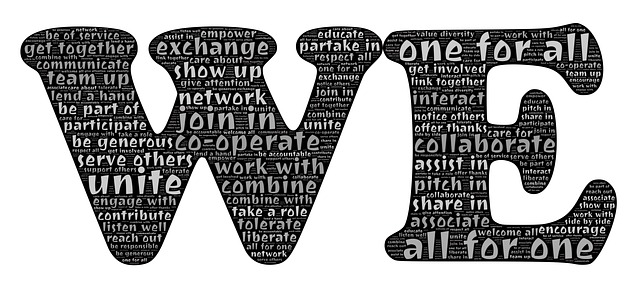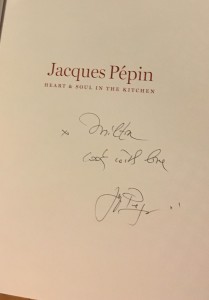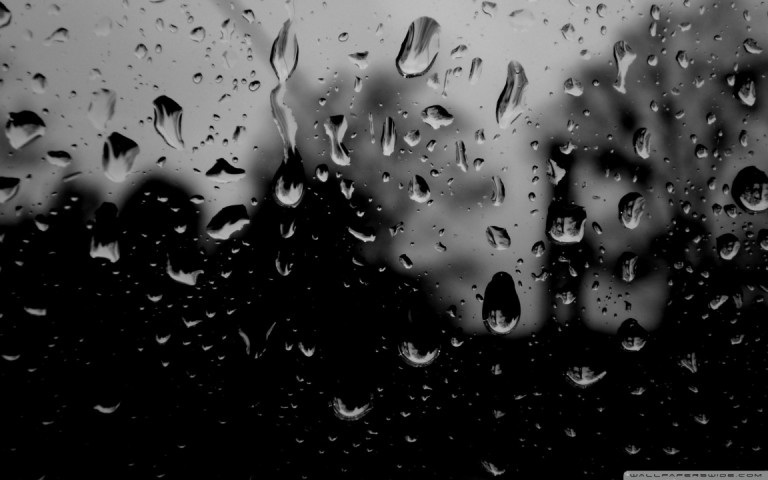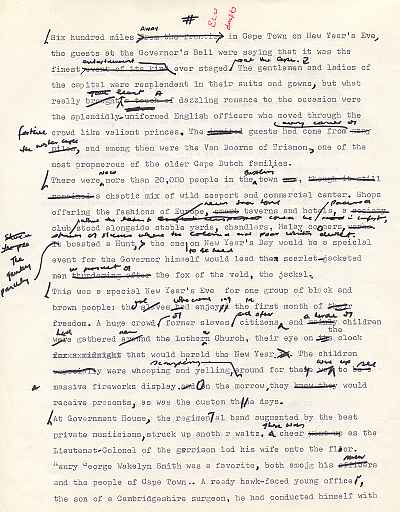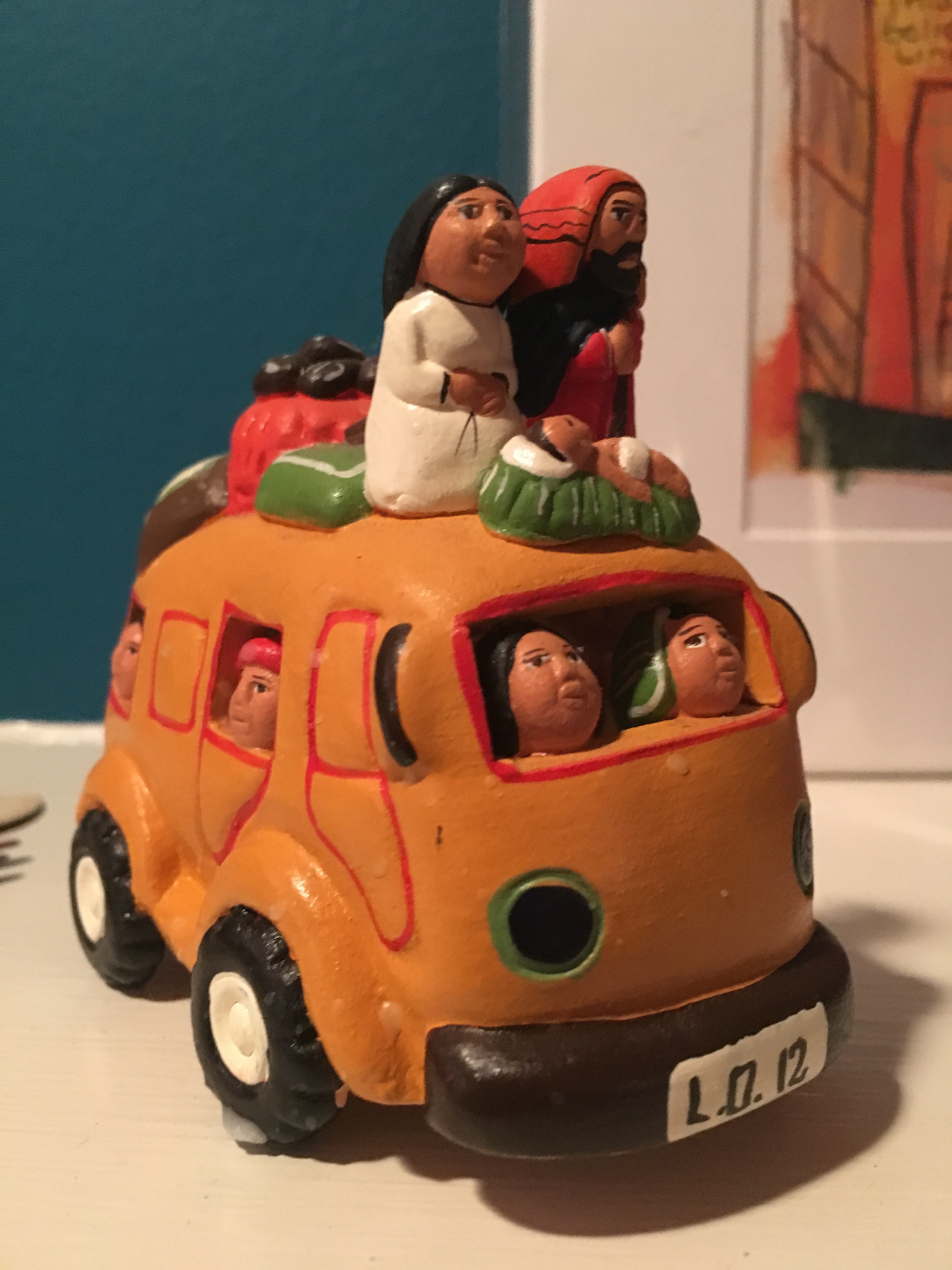Today was my first day riding the train since I finished The Illusion of Separateness. As I was packing my book bag, I looked around for new literary accompaniment and saw my copy of
The Things They Carried
by Tim O’Brien, which I started rereading before we left Durham (I read it two or three times as a high school English teacher) and then lost it in the move. I found it again last week. On a rainy day when the grey clouds matched the gathering storm of sadness inside me, a book about the Vietnam War was probably not the most uplifting choice, but I wanted to finish it before I started another.
The title speaks to the things the soldiers carried both physically and emotionally, both in combat and back home. The feelings are raw and honest; the stories are compelling and difficult to read. I love this book and, in many ways, it is a long way from who I am. I don’t think war has been or is a solution. Responding to violence with violence does not create peace or foster hope. And I’m not much of a fan or war as a metaphor for life. I found early on that I didn’t help myself by thinking of myself as fighting my depression. I did not want to be at war with myself, so I looked for other metaphors. War—what is it good for? Absolutely nothing. (Say it again, y’all.)
I was in junior high and high school during the Vietnam War, and for much of that time I was in Africa where I heard it described in something other than American terms. It never made sense to me. One of the first songs I learned on my guitar was the “Feel Like I’m A-Fixin’ To Die Rag” by Country Joe and the Fish. By the time I turned eighteen, during my freshman year at Baylor, the war and the draft were over but they were still doing the lottery. My birthday was number eighteen. I have often wondered what I would have done had I been drafted.
I know: what does this have to do with getting us to Bethlehem? It strikes me that Jesus was born during wartime. Maybe part of the reason it made sense for the gospel writers to link the birth to what Isaiah had written was the desperate hope for a prince of something other than conquest and oppression—a prince of peace. Who could even imagine such a thing? A couple of nights ago I wrote about the power of the particular; O’Brien speaks to the same idea, saying a true war story doesn’t speak in absolutes or ideas, but relishes in details, in what happened—or what is remembered.
Stories are for joining the past to the future.Stories are for those late hours in the night when you can’t remember how you get from where you were to where you are. Stories are for eternity, when memory is erased, when there is nothing to remember except the story. (36)
It is not an overstatement to say that most all of human history could be viewed as life during wartime. Pick most any year and someone is fighting somewhere. The same is true of our history as Americans. We have spent many more years in conflict than we have at peace. But that is not the whole story, or even the best story.
There is a lineage of love and compassion that runs all the way back to Bethlehem, even all the way back to the very first light. We can choose to see ourselves marching as to war, or we can choose to see ourselves as part of the story of redemption and hope. The cast of humanity is the same for both; we must choose how the story gets both told and remembered, what things we carry and what we leave behind. We can see the world with eyes of fear or eyes of faith and trust. This past year I was reminded of a song I love that had slipped out of my story when the Common Woman Chorus sang at our church in Durham. It seems a good place to stop tonight, here on the edge of the little town that will hold the hopes and fears of all the years . . . .
Rest, now, and listen to Susan Warner, the performer and songwriter of “May I Suggest.”
May I suggest, may I suggest to you
May I suggest this is the best part of your life
May I suggest this time is blessed for you
This time is blessed and shining almost blinding bright
Just turn your head and you’ll begin to see
The thousand reasons that were just beyond your sight
The reasons why–why I suggest to you
Why I suggest this is the best part of your lifeThere is a world that’s been addressed to you
Addressed to you, intended only for your eyes
A secret world like a treasure chest to you
Of private scenes and brilliant dreams that mesmerize
A lover’s trusting smile, a tiny baby’s hands
The million stars that fill the turning sky at night
Oh I suggest, oh I suggest to you
Oh I suggest this is the best part of your lifeThere is a hope that’s been expressed in you
The hope of seven generations, maybe more
And this is the faith that they invest in you
It’s that you’ll do one better than was done before
Inside you know, inside you understand
Inside you know what’s yours to finally set right
And I suggest and I suggest to you
And I suggest this is the best part of your lifeThis is a song comes from the west to you
Comes from the west, comes from the slowly setting sun
With a request, with a request of you
To see how very short the endless days will run
And when they’re gone and when the dark descends
Oh we’d give anything for one more hour of light
And I suggest this is the best part of your life
Peace,
Milton
